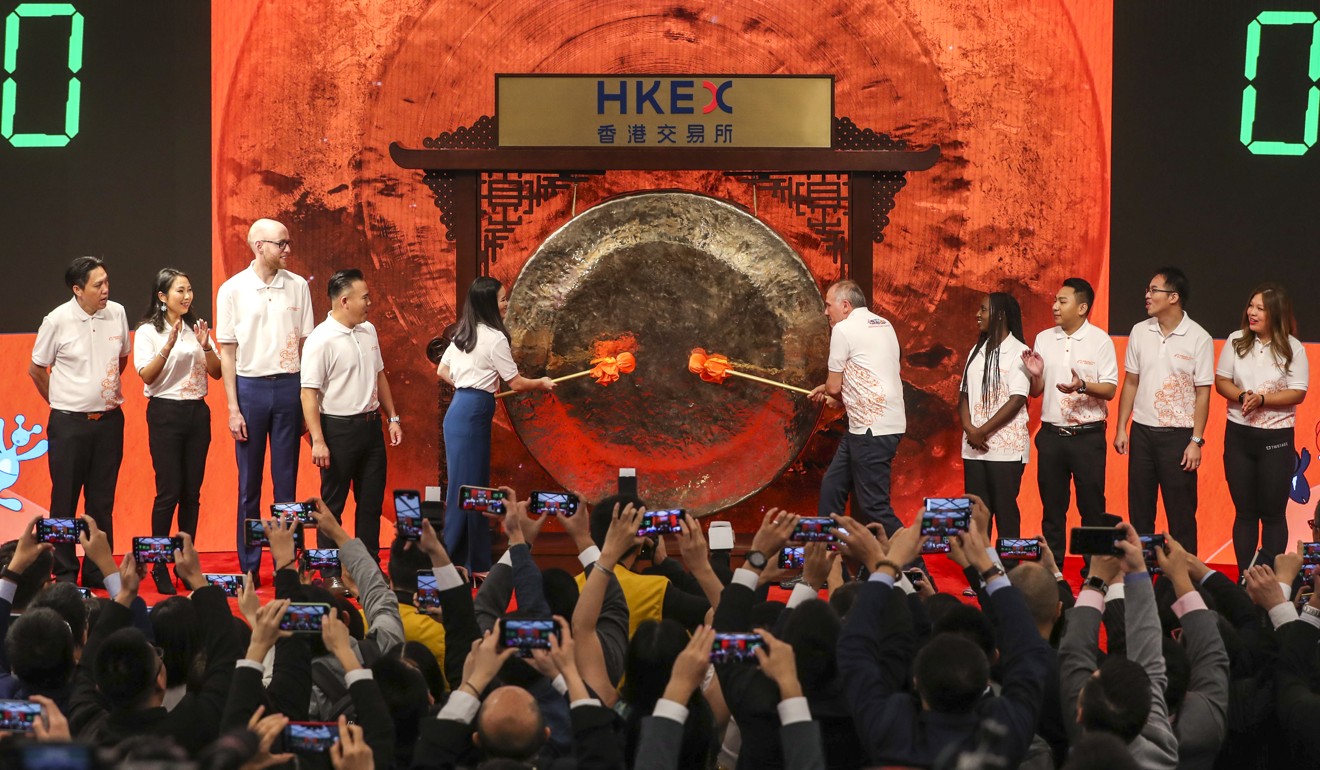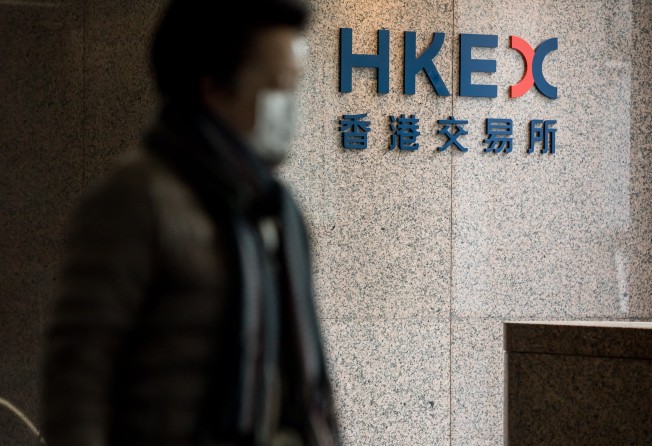
Coronavirus: IPO applicants face uphill climb as regulators scrutinise companies’ ability to withstand impact
- Applicants have to clarify whether they have experienced any disruption and the extent to which they have been able to resume normal operation after the outbreak
- IPO activity in Hong Kong has slowed this month, after a busy January in which 22 companies raised US$1.1 billion

Companies face increased difficulties in launching IPOs as securities watchdogs and stock exchanges step up scrutiny of applications, demanding candidates to clarify the impact of the deadly coronavirus outbreak on their operations, according to financial advisers and lawyers.
The regulators were being very cautious because they need to protect the interest of investors, said Wilson Chow, global TMT [telecom, media and technology] industry leader at professional services firm PwC.
“Therefore, they are paying attention to whether the virus outbreak will dampen the prospects of IPO candidates,” he said in a recent interview.
This has added to obstacles companies already face, such as travel restrictions that has hindered due diligence work and roadshows.
IPO applicants and their sponsors have been scrambling to gather information and analyse the impact of the Covid-19 outbreak after bourse operator Hong Kong Exchanges and Clearing raised questions about their business viability. But Chow said that the situation was complicated as the epidemic is still unfolding and has affected the IPO market in the short term.

The public health crisis has led to a dramatic suspension in production and logistics across China. About 50 million people in over a dozen cities in central China's Hubei province, where the virus originated, are still living under an ongoing quarantine. Factories across the country are struggling to obtain permission to resume operations after a forced 14-day break. Airlines have cut flights, and authorities have also closed some motorways to prevent the spread of the virus.
Capital market activity in Hong Kong has slowed this month, after a busy January in which 22 companies raised HK$8.5 billion (US$1.1 billion) through IPOs – up 102 per cent from the same period last year.
“The Hong Kong regulators are rightfully focusing on the impact of the outbreak on the business operations of the listing applicants,” said Gilbert Li, corporate partner for Hong Kong at global law firm Linklaters.
Key issues in focus include whether the applicants have experienced any value chain disruption and the extent to which they have been able to resume normal business operation after the Lunar New Year, according to Li.
Listing applicants and their sponsors are also preparing answers on whether they have been or may be in breach of any material contracts, and whether they have any contingency plan to deal with the potential continued shortage of raw materials or reduction in sales orders, he said.
Despite the short-term shock, a robust stream of new listings, especially technology firms, will return to China and Hong Kong in the second half of the year, financial advisers predicted.
“The fundamentals are still there,” said Derek Chung, head of investment banking at AMTD International, a Hong Kong-based asset manager and investment bank. “Assuming the situation gets resolved within the next month or two, I think it’s just a matter of a slight delay in some deals that were originally scheduled for Q1 [the first quarter] being pushed to Q2 [the second quarter].”
AMTD now has about 15 listing deals in the US and Hong Kong in the pipeline, with the vast majority of them in the technology field, Chung said. He does not expect a sharp drop in new listings this year compared to last year.
PwC’s Chow said that the US$13 billion secondary listing of e-commerce giant Alibaba Group Holding in Hong Kong last year is set to spur similar deals by US-listed Chinese internet companies to raise capital in the city. Alibaba owns the South China Morning Post. Meanwhile, the high valuation of Shanghai’s Star technology board, launched in June, will attract a steady stream of IPOs.
Last year, a total of 104 Chinese firms in TMT industries went public in China, Hong Kong and the US, up from 66 in 2018, according to PwC figures. A combined 178 billion yuan (US$25.3 billion) in capital was raised through the IPOs, lower than the 226 billion yuan in 2018, as more smaller firms and start-ups went public on the Star board.
The HKEX did not immediately reply to emailed requests for comments.